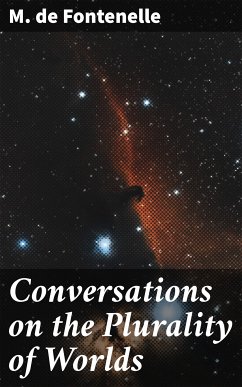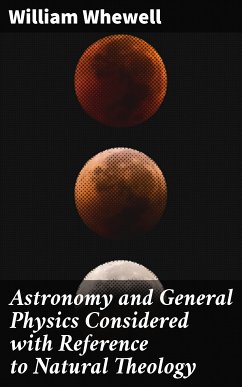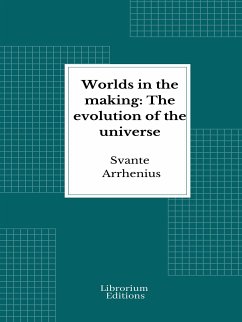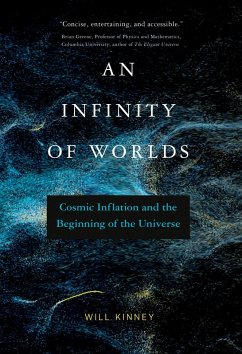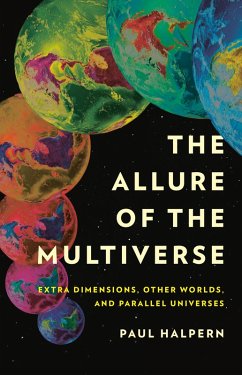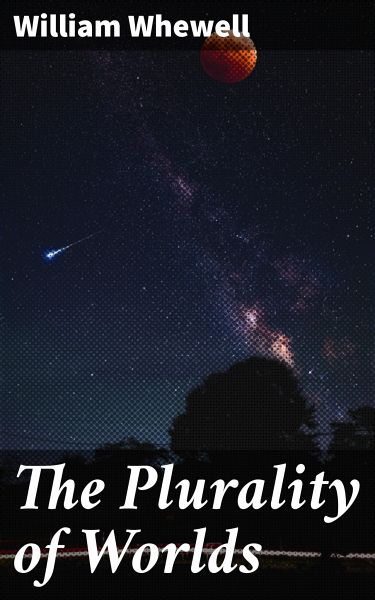
The Plurality of Worlds (eBook, ePUB)
Exploring the Cosmic Tapestry: A Journey into Extraterrestrial Life and the Mysteries of the Universe
Versandkostenfrei!
Sofort per Download lieferbar
0,49 €
inkl. MwSt.
Weitere Ausgaben:

PAYBACK Punkte
0 °P sammeln!
In "The Plurality of Worlds," William Whewell explores the profound implications of scientific inquiry on the perception of existence beyond Earth. Written in the early 19th century, this philosophical treatise delves into the burgeoning understanding of astronomy, intertwining Romantic ideals and emerging scientific thought. Whewell adopts a rigorous yet accessible prose style, inviting readers to consider the potential for extraterrestrial life while critically engaging with contemporary scientific discoveries. The work reflects not only Whewell'Äôs engagement with the scientific advanceme...
In "The Plurality of Worlds," William Whewell explores the profound implications of scientific inquiry on the perception of existence beyond Earth. Written in the early 19th century, this philosophical treatise delves into the burgeoning understanding of astronomy, intertwining Romantic ideals and emerging scientific thought. Whewell adopts a rigorous yet accessible prose style, inviting readers to consider the potential for extraterrestrial life while critically engaging with contemporary scientific discoveries. The work reflects not only Whewell'Äôs engagement with the scientific advancements of his time but also his deep philosophical musings on the nature of the universe and humanity'Äôs place within it. William Whewell, a noted philosopher, historian of science, and polymath, served as the first Professor of Moral Philosophy at the University of Cambridge. His extensive background in both the sciences and philosophy informed his writings, as he sought to reconcile empirical evidence with metaphysical questions. Whewell'Äôs multifaceted scholarship, which encompassed topics as diverse as geology and economics, allowed him to approach the question of the plurality of worlds with unique insight and authority, positioning him as a pivotal figure in the overlapping spheres of science and philosophy. "The Plurality of Worlds" is highly recommended for readers interested in the philosophical underpinnings of scientific discourse. It invites both admiration and contemplation, bridging the gap between 19th-century thought and modern inquiry. This text remains a critical work for anyone seeking to understand the intersection of natural philosophy, ethics, and the ongoing exploration of our cosmos.
Dieser Download kann aus rechtlichen Gründen nur mit Rechnungsadresse in A, B, BG, CY, CZ, D, DK, EW, E, FIN, F, GR, H, IRL, I, LT, L, LR, M, NL, PL, P, R, S, SLO, SK ausgeliefert werden.




